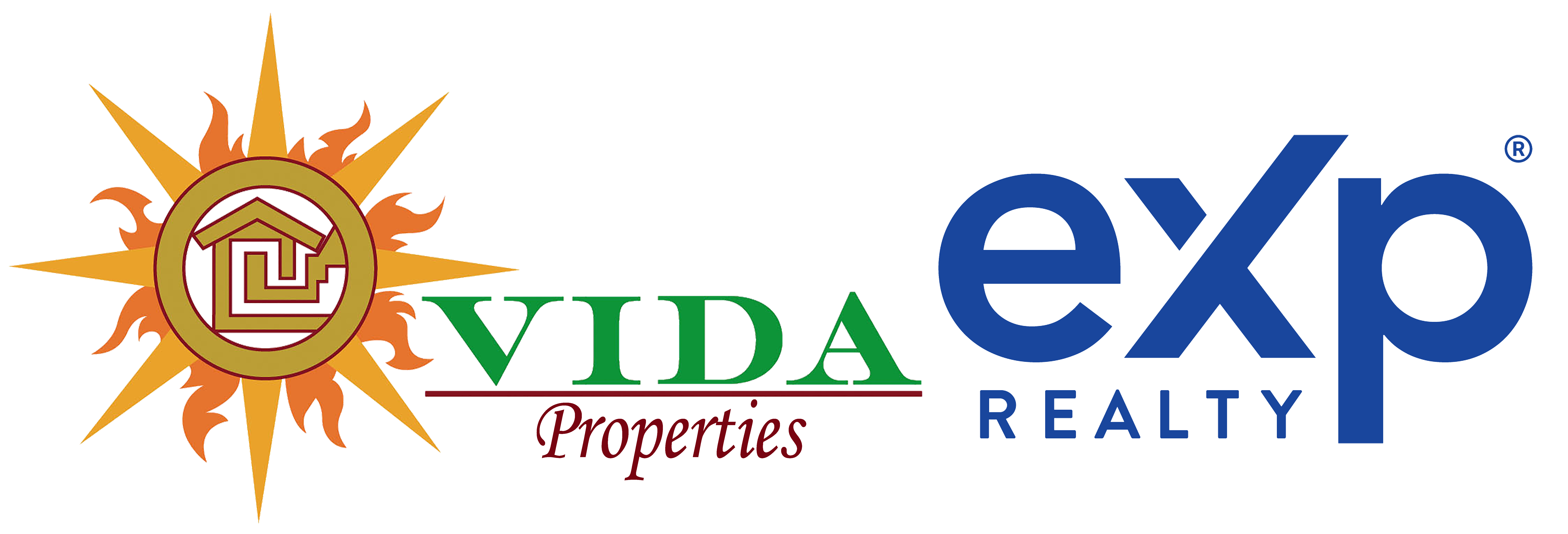In Colorado, the Division of Real Estate requires occupational licensing for real estate agents, mortgage loan originators, appraisers and HOA managers. What should that mean to the consumer? For one, it means that the provider has met a set of minimum educational and testing requirements and standards to do the job. For real estate agents, that is 168 hours of class time plus a national and state exam. Through the end of March 2017, 66% of those taking the real estate exam have passed it (source: Division of Real Estate). Working with a licensed provider also means that the consumer is working with a professional that must carry errors and omissions insurance, mitigating losses to those involved in a transaction.
On the real estate side of things, there are a few scenarios where an unknowing consumer may be working with an unlicensed provider.
- The most realistic situation is when the client is working with an assistant to the real estate broker or mortgage loan originator. At the expense of working with a higher volume of clients, agents may have an unlicensed assistant work with the client. This may also occur when the client does not speak English. These situations are likelier to happen when working with buyers which can be a very time consuming process.
- The provider has had their license expire or revoked. There may be little chance for the person to get paid through the proceeds from closing. They may have the client pay them directly which is still not acceptable.
- The least likely situation is a person passing off as a licensed practitioner. Depending on what work they are doing, they may not be able to be paid directly through the transaction. The work-around for them may be that the person is acting as a contractor for a licensed practitioner. The licensee gets paid and then they pay the unlicensed individual. This is a liability to the licensed professional, however.
If you noticed, inspectors were not on the list. Currently, Colorado does not regulate inspectors. This puts the burden on the client to vet the qualifications of the provider. Inspectors may be accredited by joining and completing education requirements through one of several home inspection organizations.
If you feel that it’s better to be safe than sorry, you can find the license status of estate professionals in Colorado by clicking here.
By the way, this is my licensing information:
Looking to buy or sell your home? You can contact me by email or call 720-253-8513.




